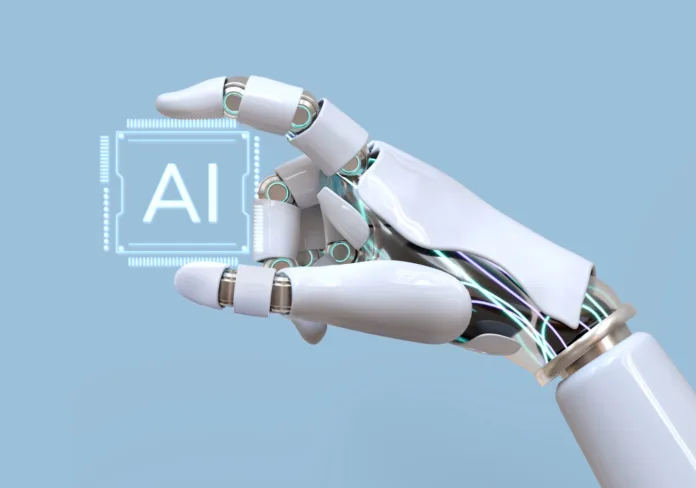As AI takes on more translation roles, the literary industry raises concerns about cultural nuances, quality, and authenticity in translation.
In recent years, machine translation has evolved dramatically, with AI-powered tools like Google Translate making everyday tasks like deciphering foreign menus easier than ever. However, the growing trend of using AI for literary translation is stirring up significant controversy, particularly within the world of authors and professional translators.
The latest flashpoint came when Dutch publishers Veen Bosch & Keuning announced its intention to use AI for translating commercial fiction. While the publisher has attempted to reassure the public that no books would be published without thorough checks and that authors would be consulted beforehand, many in the translation community are deeply concerned about the implications of this new approach.
Embed from Getty ImagesMichele Hutchison, a celebrated translator who won the 2020 International Booker Prize for her work on Lucas Rijneveld’s The Discomfort of Evening, expressed her unease. She explained that translation is far more than a word-for-word exercise; it involves bridging cultures, considering the target audience, and often adding subtle cultural insights. Translators, she argues, weave in nuances, rhythms, and metaphors that bring life to the original text. AI, while efficient, often misses these delicate touches, which can make a translated work feel flat or disconnected from its source culture.
“We smuggle in subtle clues to help the reader understand particular cultural elements or traditions,” Hutchison says. “We convey rhythm, poetry, wordplay, metaphor.” She highlighted the need for precision in areas such as agricultural terminology, which may seem trivial but can make a significant difference in how a book is perceived by its intended audience. The human touch, Hutchison stresses, is indispensable in ensuring a translation resonates on a deeper level.
Concerns about AI’s capabilities aren’t limited to the technical aspects of translation. Cultural sensitivity is another critical issue. AI, as powerful as it may be, is known to produce results that can be startlingly inappropriate or outdated. Juno Dawson, author of the Her Majesty’s Royal Coven series, shared her own experience with a translation issue in the French edition of one of her books. A term used to describe a trans person had become outdated, but with human intervention, the error was caught before the book was published. Such nuances, Dawson argues, are something AI would likely miss, leading to additional editing and correction by someone familiar with both languages and cultures.
Despite these concerns, there are some scenarios where AI-assisted translation might prove useful. In the case of writers working in minority languages, machine translation could provide a way to share their works with a wider audience. For example, books written in languages with limited global reach could be quickly translated, bringing underrepresented voices to readers who might not otherwise have access to these works. Similarly, small video game developers could benefit from AI-assisted translation to localise their games into multiple languages, making them more accessible to international players, especially those speaking minority languages. AI could lower the costs of localisation, which are often prohibitive for indie developers.
However, even in these cases, the limitations of AI translation remain clear. The technology may help speed up the process, but it cannot replace the human knowledge and cultural understanding that are essential for high-quality, nuanced translations. Furthermore, the financial savings that AI promises could be overshadowed by the costs of fixing inaccuracies or mistakes in the final product.
As the debate continues, it’s evident that while AI has its place in certain types of translation, it cannot fully replace the depth, creativity, and cultural awareness that professional translators bring to the table. Whether in literary works, video games, or other fields, the human element remains crucial for ensuring that translations are not just accurate, but meaningful.
